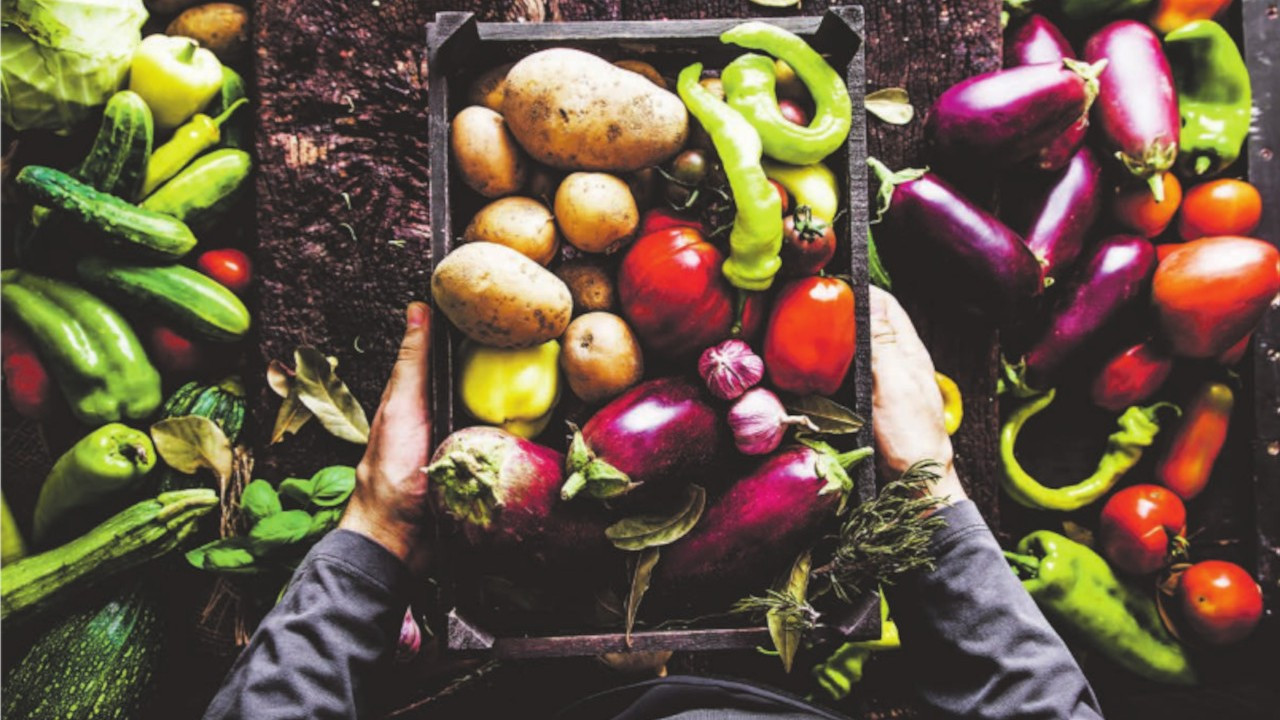
As a result of industrialization and denaturalization of production, living lands, biodiversity and local seeds are lost. Focusing on resolving this situation, which causes land abandonment and socio-economic inequalities to increase, its agroecological practices produce various solutions to combat biodiversity loss, climate crisis and rural poor. According to the report published by the United Nations in June last year, the global food, energy and financial systems crisis has become more serious with the Russia-Ukraine war. Emphasizing that we are on the verge of a serious crisis involving food, energy and the economy, it was stated in the report that 1.6 billion people in 94 countries were struggling to cope with the rising food and oil prices. The main culprits are the production and consumption methods Although war and climate changes are seen as responsible for the crisis on the planet, the real ones responsible are production and consumption methods and wrong policies that cause unfair distribution and access. It is stated that while 12 million hectares of agricultural land are degraded every year in the world, 23 percent of agricultural lands lose their productivity. While all these are happening, current policies and methods make the crisis inextricable instead of solving it. While it is stated that the production and consumption methods as well as the food policies should be transformed as soon as possible, it is stated that the monetary, social and ecological costs of food should be overcome and the fact that the reasons that make access to food difficult are not only wars and the economy. 33 percent of all land worldwide is degraded According to data from the State of the World Soil Resources (SWSR) report and other studies, around 33 percent of all soils worldwide are highly degraded due to unsustainable management practices. On the other hand, it was determined that the ability of the soil to store and recirculate carbon, nutrients, water was greatly reduced. Especially pesticides (agricultural poisons) used in agricultural production cause serious damage to the soil and cause the death of microorganisms in the soil. The United Nations reports, on the other hand, draw attention to the fact that if the use of pesticides is used at the same level, the soil will be completely destroyed within 60 years. With the world population growing threefold in the last century, the need for water resources has increased sevenfold, and more ‘resource-intensive’ agricultural practices based on inputs such as synthetic nitrogen and phosphorus fertilizers, petroleum-based agrochemicals and fossil fuels are causing the degradation of an area the size of Zimbabwe each year. It is stated that it is responsible for almost 70 percent of the world’s water consumption. In addition, about 70 percent of fresh water resources are used in agriculture. The amount of water used in agricultural irrigation will double by 2050 While it is stated that the increase in the income and consumption level with the increase in the population and the increase in the demand for food products create additional pressure on water resources, experts predict that the amount of water used in agricultural irrigation will double by 2050 in order to meet this demand. Considering all these problems, agreecology, which is a sustainable agriculture model based on the protection of the environment and social balances, prevents direct exposure to toxic pesticides, as well as improves the quality of air, soil, surface water and groundwater. Agroecology practices, which also help protect from the effects of climate change through systems that reduce greenhouse gas emissions and capture carbon, try to mimic natural processes similar to organic practices, while relying on healthy soil biology and the environment rather than synthetic sprays and other inputs. Within the scope of all these processes, it has been reported that the “Mediterranean Agroecology Caravan – MedCaravan project, which was brought to life in 2020 by the Wheat Association and aimed at the dissemination of agroecology as well as the compilation of traditional agroecology knowledge, will continue until the end of 2023. With this project, which is supported by the European Union within the scope of Erasmus+ Program, it is aimed to collect local and rural agroecology knowledge and practices and to share the collected knowledge and experiences more widely through educational materials and online platform.
